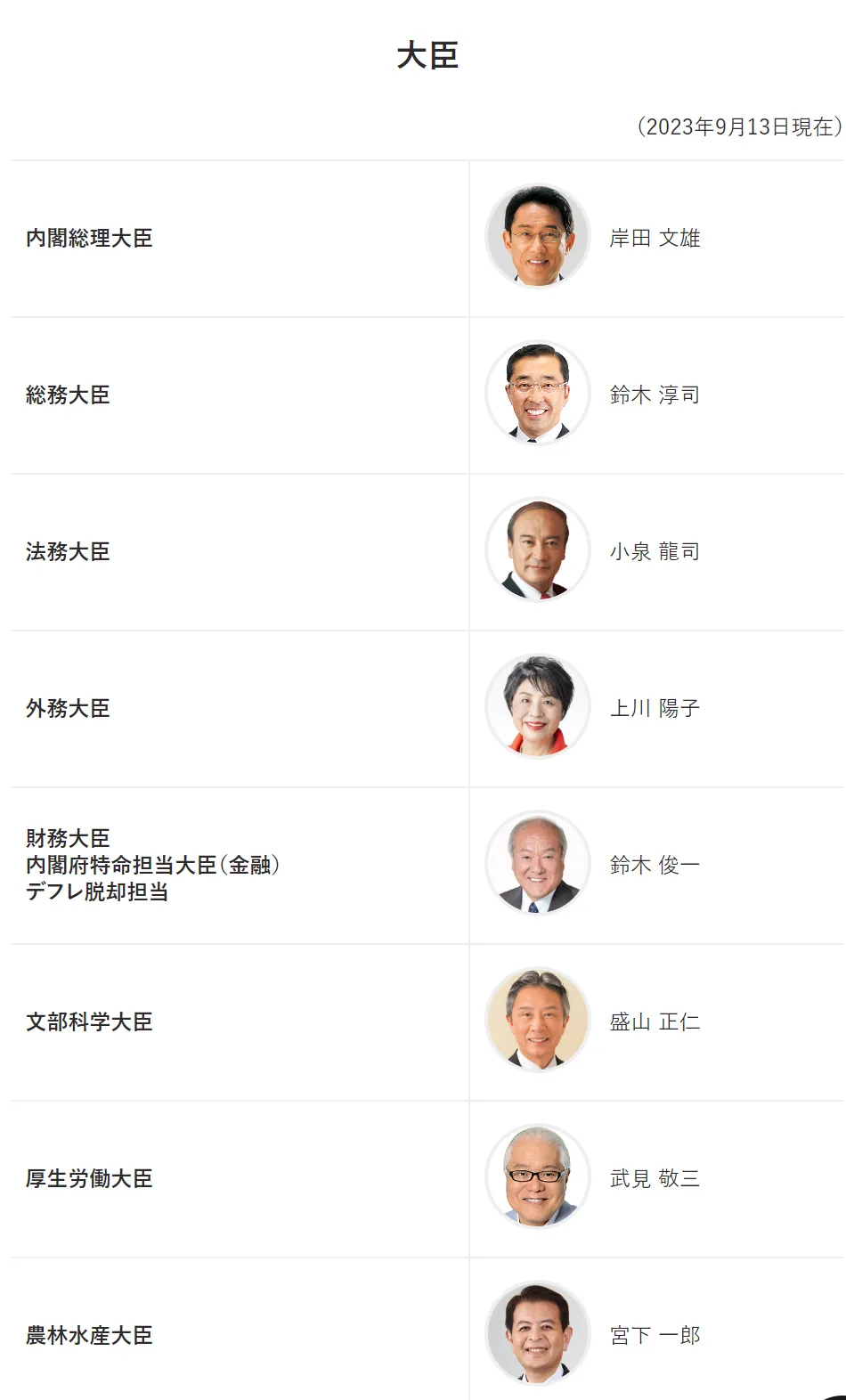November 20, 2023
The Japanese Retirement Age
Understanding the Japanese Retirement Age: Exploring the Factors and Implications
Understanding the Japanese Retirement Age: Exploring Factors and Implications Learn about the intriguing retirement age system in Japan, where cultural norms, government policies, and population demographics shape this significant milestone. Discover how the Labor Standards Act sets the retirement age at 60, and how companies establish their retirement policies based on this baseline.
Retirement is a significant milestone in ones life, bringing a mix of emotions and a new phase of opportunities. In different countries, retirement ages vary based on cultural norms, government policies, and population demographics. One such country with an interesting retirement age system is Japan.
The Japanese Retirement Age Explained
In Japan, the retirement age predominantly depends on the Labor Standards Act, which sets the standard for employment regulations in the country. The Act specifies that the retirement age is 60 years old, although it is not mandatory for employees to retire at this age. Instead, it serves as a baseline for companies to establish their retirement policies.
While 60 is the standard age, many Japanese businesses have implemented a system known as mandatory retirement. Under this system, employees are required to retire at a designated age, which is often between 60 and 65.
However, there are exceptions to this rule, particularly for highly skilled workers or those in managerial positions, who may be allowed to continue working beyond the designated retirement age.
Factors Influencing Retirement Age in Japan
There are a few factors that contribute to the retirement age in Japan:
- Demographics: Japan is experiencing a rapidly aging population. To create job opportunities for younger generations and maintain a balance in the workforce, encouraging retirement at a certain age is considered important.
- Social Expectations: In Japanese society, respecting seniority and giving opportunities to younger individuals is highly valued. Retirement at a certain age allows the younger generation to step into more senior roles.
- Healthcare and Pensions: The Japanese government provides healthcare and pensions for seniors, which ensures financial stability after retirement.
Rehiring after Retirement,
Not all employees have the luxury to retire the age of 65. Roughly 83% of employees who reached the age 65 are rehired. The total employees with age 60 is 4.5 million in 2022, which is almost doubled compared to its number in 2009. (Ministory of Health, Labor, adn Welfare, Aged workers hiring statistics in 2022 )
There are considerably two reasons why this rehiring is growing. One is about simply financially they have to work to maintain thier life. They have pensions, yet recent inflation and price hikes force them to work.
The other reason is power and money. The average age of the cabinet members is surprisingly 62.4 in 2021. That is the worst number amoung the 35 OECD countries. When it comes to the highest rank ministers, it gets worse. This is the LDP, the ruling party, ministers.
| Age | |
| PM Kishida | 66 |
| MIAC Suzuki | 65 |
| MJ Koizumi | 71 |
| MFA Kamikawa | 70 |
| MF Suzuki | 70 |
| ME Moriyama | 69 |
| MHLW Takemi | 72 |
| MAFF Miyashita | 65 |
| Total Minister Average Age | 68.5 |
The same trend is occuring at companies with high rank officers and directors. Despite the social expectations, many young generations are still buried.
Life After Retirement in Japan
Retirement in Japan does not necessarily mean the end of a persons productive life. Many retirees find new sources of fulfillment and engage in various activities during their post-retirement years. Some common activities include:
- Pursuing hobbies such as gardening, calligraphy, or participating in traditional cultural practices.
- Engaging in volunteer work to contribute to society and help others.
- Traveling within Japan or exploring different countries.
- Joining community clubs or organizations to maintain social connections.
Conclusion
The retirement age in Japan is set at 60, although many companies enforce a system of mandatory retirement. With a rapidly aging population and a cultural emphasis on seniority, retirement serves as a way to maintain a balance in the workforce and provide opportunities for younger generations.
However, retirement doesnt signify the end of a fulfilling life in Japan, as retirees often explore new hobbies, engage in volunteer work, and venture into new experiences.



